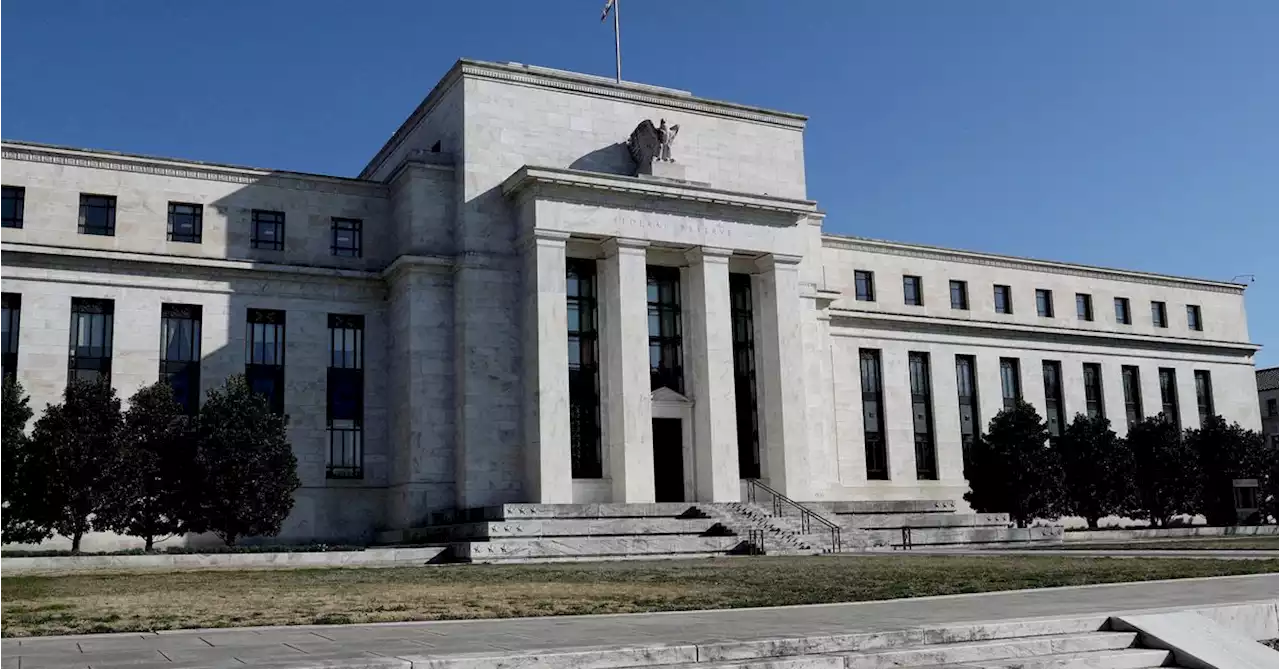Bank of Russia leaves key interest rate unchanged for fifth consecutive time.
Bank of Russia decided to maintain the interest rate at 7.5% amid moderate inflation, estimated at 2.5% on an annual basis in April, although this may change later this year. The monetary authority improved its forecast for the Russian economy and now expects growth entirely in positive figures, up to 2.0% for 2023.At a meeting of its Board of Directors on Friday, the Central Bank of Russia kept its key interest rate at the current level of 7.5%.
The monetary authority expects inflation to remain below 4% in the coming months and to begin to gradually grow in the second half of 2023, reaching 4.5 – 6.5% at the end of the period. Previous forecasts were in the 5 – 7% range. However, expectations in the medium term are still skewed towards higher inflation risks.
These are linked to significant labor shortages in some industries, the impact of geopolitical tensions on foreign trade, including tougher sanctions that would further weaken demand for Russian goods abroad and complicate production chains, logistics and financial calculations. The CBR signaled that future rate hikes are possible, elaborating:
In the context of a gradual increase in the current inflationary pressure, the Bank of Russia, at the next meetings, will evaluate the feasibility of raising the key rate to stabilize inflation near 4% in 2024.Among the short-term risks, the Bank of Russia highlighted “a deterioration in the growth prospects of the global economy against the backdrop of instability in the financial markets of developed countries.
The monetary policy regulator sees the sanctioned nation’s gross domestic product growing between 0.5% and 2.0% by the end of 2023. Its previous estimate was partially in negative territory, between a decline of 1% and an increase of 1%. Expectations for the next couple of years remained unchanged — GDP growth in the range 0.5 – 2.5% in 2024 and 1.5 – 2.5% in 2025.
Malaysia Latest News, Malaysia Headlines
Similar News:You can also read news stories similar to this one that we have collected from other news sources.
 After a lull, real estate bidding wars are back this spring.After a brief pause in the real estate market in late 2022, following a series of interest rate hikes, buyers are back in force this spring. What you need to know buying or selling a home.
After a lull, real estate bidding wars are back this spring.After a brief pause in the real estate market in late 2022, following a series of interest rate hikes, buyers are back in force this spring. What you need to know buying or selling a home.
Read more »
 Population boom proves wild card in Bank of Canada rate decisionCanada\u0027s surging immigration could be making the labour market look tighter than it actually is. Find out more
Population boom proves wild card in Bank of Canada rate decisionCanada\u0027s surging immigration could be making the labour market look tighter than it actually is. Find out more
Read more »
 Take Five: Rate hike vs bank stressMeetings at the U.S. Federal Reserve, the European Central Bank and Australia's central bank top the agenda, while megacap Apple brings the U.S. earnings season to an end, as markets work through fresh banking tremors.
Take Five: Rate hike vs bank stressMeetings at the U.S. Federal Reserve, the European Central Bank and Australia's central bank top the agenda, while megacap Apple brings the U.S. earnings season to an end, as markets work through fresh banking tremors.
Read more »
![]() Fed faults Silicon Valley Bank execs, itself in bank failureSilicon Valley Bank failed due to a combination of extremely poor bank management, weakened regulations and lax government supervision, the Federal Reserve says in a highly-anticipated review of how the central bank failed to properly supervise the bank before it collapsed early last month. The report issued Friday takes a critical look at what the Fed missed as Silicon Valley Bank grew quickly in size in the years leading up to its collapse. The Fed finds that while poor management ultimately doomed Silicon Valley Bank, watered down regulations and social media's ability to rapidly hasten a bank run also contributed.
Fed faults Silicon Valley Bank execs, itself in bank failureSilicon Valley Bank failed due to a combination of extremely poor bank management, weakened regulations and lax government supervision, the Federal Reserve says in a highly-anticipated review of how the central bank failed to properly supervise the bank before it collapsed early last month. The report issued Friday takes a critical look at what the Fed missed as Silicon Valley Bank grew quickly in size in the years leading up to its collapse. The Fed finds that while poor management ultimately doomed Silicon Valley Bank, watered down regulations and social media's ability to rapidly hasten a bank run also contributed.
Read more »
 Fed report on SVB collapse faults bank's managers — and central bank regulatorsThe Fed blamed failures on mismanagement and supervisory failures, compounded by a dose of social media frenzy.
Fed report on SVB collapse faults bank's managers — and central bank regulatorsThe Fed blamed failures on mismanagement and supervisory failures, compounded by a dose of social media frenzy.
Read more »
![]() Fed faults Silicon Valley Bank execs, itself in bank failureSilicon Valley Bank failed due to a combination of extremely poor bank management, weakened regulations and lax government supervision, the Federal Reserve said Friday, in a highly-anticipated review of how the central bank failed to properly supervise the bank before it collapsed early last month.
Fed faults Silicon Valley Bank execs, itself in bank failureSilicon Valley Bank failed due to a combination of extremely poor bank management, weakened regulations and lax government supervision, the Federal Reserve said Friday, in a highly-anticipated review of how the central bank failed to properly supervise the bank before it collapsed early last month.
Read more »
